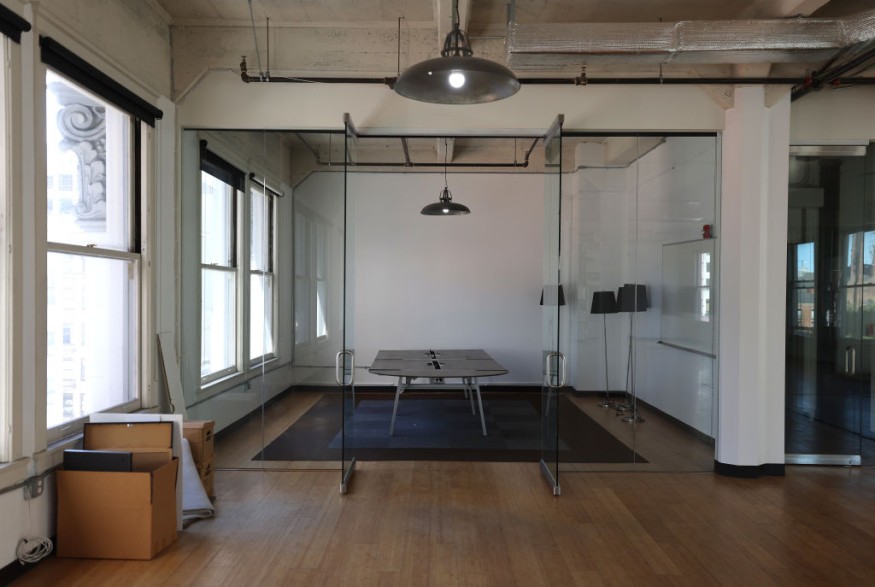
Commercial real estate is one of the many industries heavily impacted by the COVID-19 pandemic. This left plenty of vacant properties across the United States.
Fortunately, commercial real estate execs predict that commercial construction will bounce back in 2024. As such, there are opportunities for landlords and real estate investors to capitalize to ensure a profit. We listed four ways in which vacant commercial spaces can be reinvented and used.
Warehouse and Distribution Space
The surge in e-commerce and the growing demand for efficient logistics have created a need for additional warehouse and distribution space. Repurposing vacant commercial buildings into modern warehouses can help meet this demand.
By integrating state-of-the-art technology, such as automated storage and retrieval systems, these spaces can optimize inventory management, streamline order fulfillment, and contribute to the seamless functioning of the supply chain. This adaptive reuse not only addresses the evolving needs of the retail landscape but also provides a sustainable solution for reducing the environmental impact of transportation.
Mixed-Use Property
Transforming vacant commercial spaces into mixed-use properties can foster a sense of community and bring diverse amenities to urban areas. Incorporating retail spaces, offices, and residential units encourages a live-work-play environment, making the area more attractive to a wide range of individuals.
Fitness Centers/Wellness Spaces
The growing emphasis on health and wellness has fueled the demand for fitness centers and wellness spaces. Repurposing vacant commercial buildings into gyms, yoga studios, or wellness centers can become a stable source of income. When reinventing a commercial space into a fitness hub, ensure that it can be used to offer a variety of fitness classes, spa services, and holistic health programs.
Gaming Hubs
The gaming industry has experienced exponential growth in recent years, and transforming vacant commercial spaces into gaming hubs can capitalize on this trend. These hubs can cater to both casual and professional gamers, offering a range of gaming experiences from virtual reality to traditional board games.
Additionally, these spaces can host esports tournaments, and gaming events, and provide a social environment for gaming enthusiasts.
Apart from digital gaming, vacant spaces can also be reinvented to serve as places where companies can organize team-building activities and company-wide social events.



